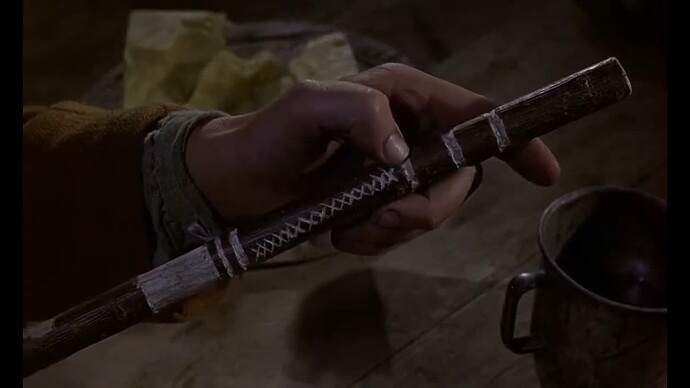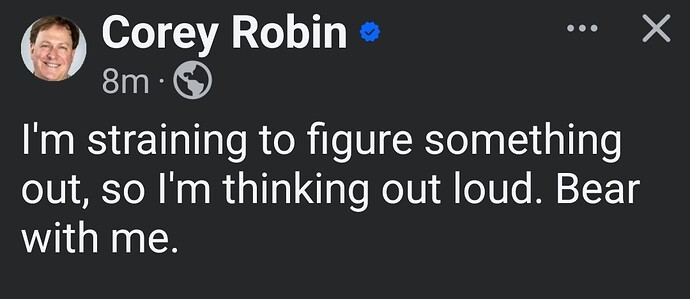I mentioned in my previous post the Vietnam War. I’m also reading the latest article by Perry Anderson in the London Review of Books on “Regime Change in the West,” which is about, well, everything. Along the way to everything, Anderson talks about the profound mismatch between the 2008 Financial Crisis and the extraordinary, potentially regime-changing measures taken to deal with it—measures, he says, that quite surpassed anything done, across the globe, to deal with the Great Depression before 1933—versus the almost amnesiac moving on from the extraordinariness of that crisis and the measures taken, and the reversion to the norm of neoliberalism.
All of it got me thinking about when was the last time, I’ll just stick to the United States, that a cataclysm really forced an extended reckoning, a massive inner plunge of the collective soul, in this society? The Vietnam War is the last event that I can think of.
Wolfgang Schivelbusch, the German historian, has a wonderful book called “Culture of Defeat,” on conquered or defeated societies (he focuses on the South after the Civil War, France after the Franco-Prussian War, and Germany after the First World War), that are plunged into a kind of political, cultural, spiritual, ideological, civilizational turmoil after their defeat. And in many ways that was what the United States was like after the Vietnam War. I still remember it from growing up, though I wouldn’t have been able to identify it for you at the time. But it the hangover from that war was everywhere, down to the bracelets for missing POWs that my older sister wore for years. It persisted long after the last American soldier left the country; it permeated so many parts of the culture, both political parties (it radically constrained what Ronald Reagan thought he might be able to do in El Salvador or Nicaragua), the university system, churches, and more. It was in almost every movie, even when it wasn’t really in the movie, it was there.
But now it seems like whether it’s the imperial triumphalism that emerges in the wake of a 9/11, which runs as fast as possible from the trauma of what happened that day, or the headlong rush from the Iraq War to the Financial Crisis to quantitative easing to the housing market collapse to Trump in 2017 to January 6 to covid to the American departure from Afghanistan after decades of war and occupation there to Trump in 2025, with nary a pitstop for the kind of collective and extended spiritual and moral reckoning that followed Vietnam, it seems like the age of turmoil, the age of shock, is over.
That doesn’t mean there’s no conflict or polarization or screaming or howl or whatever. Obviously, there is, we see it every day. It’s just that we seem no longer to be a society that can take stock of things, that can be plunged, as I said, into the kind of extended anguish and occasionally self-reflective turmoil that follows a cataclysm like Vietnam.
Instead, we just stumble like shadows across a screen, lurching from one disaster to the next, without a thought of looking back.
I can’t really think of any parallel to this moment. People describe the plunge into World War I as if it were sleepwalking into disaster. But now we just sleepwalk from disaster to disaster, through disaster.



